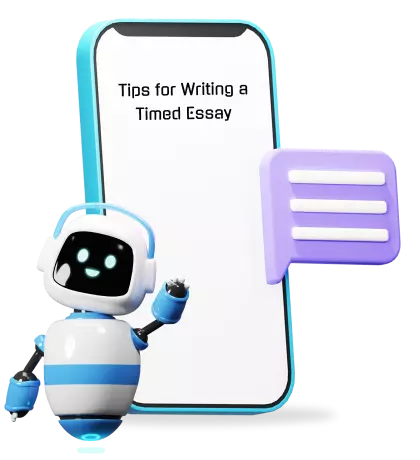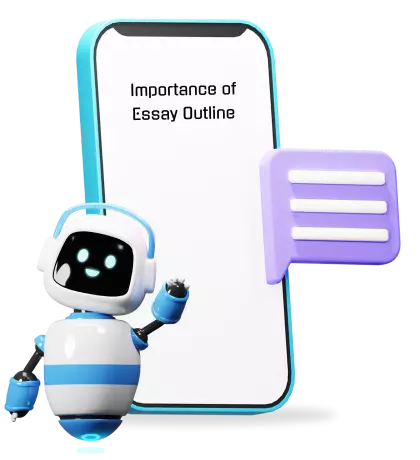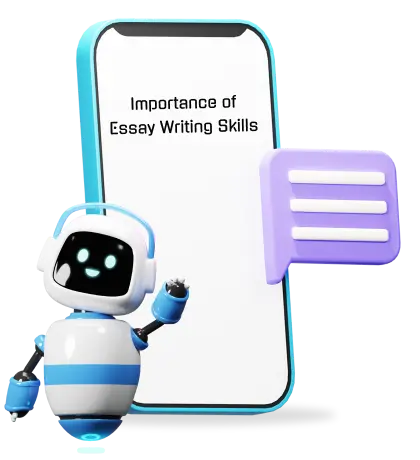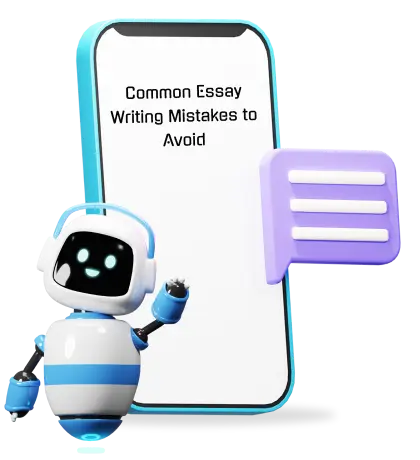Academic writing can leave students feeling overwhelmed and unsure of where to begin.
With so many guidelines and rules to follow, it's easy to feel lost and confused. This can lead to anxiety and stress when it comes to completing academic papers.
However, fear not!
We have put together a comprehensive guide on the dos and don'ts of academic writing in this blog. By reading through our list, you'll gain a better understanding of how to approach your academic essays.
So, dive in and start reading now!
To write essays effectively, there are several dos that you should keep in mind.
When writing an academic paper, it's important to use language that is concise and easy to understand.
Your analysis and findings should be presented clearly and concisely, without unnecessary or confusing language.
Use academic language, but avoid overly complex terms or structures that may confuse readers.
Another important aspect of academic writing is proper citation of sources. This means acknowledging the ideas, information, or data that you have borrowed from other sources.
Citing sources helps to demonstrate the credibility of your work and shows that you have done your research properly.
Follow your academic institution's citation style, such as APA or MLA, and provide a complete list of sources cited in your work. You can use the help of a citation finder for this as well.
It's also important to follow a specific academic writing style, such as APA or Chicago. This ensures consistency in formatting and style throughout your work.
Adhere to academic writing conventions by using appropriate headings and formatting guidelines from the style guide.
Providing evidence to support your arguments is another key aspect of academic writing. This involves using relevant and credible sources to back up your claims.
Use empirical evidence, such as data, statistics, and research studies, to support your arguments.
Make sure you explain the significance and relevance of the evidence you use, and how it supports your argument.
Lastly, using appropriate grammar, punctuation, and spelling is crucial. Proper grammar and punctuation help convey your ideas clearly and effectively.
Use spell check and proofread your work carefully to avoid spelling errors and other mistakes. Utilize a tone suggesting tool for making sure your writing follows a suitable style. Finally, make sure you revise and edit your work to improve clarity and coherence.
Seeking feedback from peers or instructors can also help identify areas for improvement.
Craft Flawless Content Effortlessly With Our Grammar & Spell Checker! Get Started Today!
To avoid common mistakes in academic writing, it's important to keep in mind the don'ts.
One of the biggest don'ts is plagiarising content, which means using someone else's ideas or work without giving proper credit.
Plagiarism can result in serious consequences, such as failing an assignment or being expelled from school.
To avoid plagiarism, it's important to properly cite all sources used in your work and to paraphrase information in your own words.
Additionally, you can use plagiarism-checking software to ensure that your work is original.
When writing academically, it is important to maintain a formal tone and avoid using informal language.
Contractions, such as "don't" and "can't," can make your writing appear less formal and professional.
Using the full form of the word not only enhances the formality of your writing but also ensures that your message is conveyed clearly and precisely.
Avoid using slang or colloquial language in academic writing.
Slang words and expressions can make your work appear unprofessional. In addition, colloquial language can vary greatly by region and culture, which may not be understood by a larger audience.
To make your writing accessible to a greater audience, it's best to use standard, formal language.
You can consider using specific terms or technical language within your field to convey your ideas accurately.
Another don't in academic writing is relying solely on personal opinion.
Your writing should be based on credible and verifiable sources, not just your personal beliefs or feelings.
One way to do this is to use credible sources and evidence to support your arguments. When presenting your ideas, make sure to provide evidence that supports your claims.
Additionally, be aware of any biases you may have and strive to write in a way that is fair and balanced.
It's also important to avoid using emotional or biased language in academic writing.
Avoid using language that is emotionally charged or biased. Use neutral language to present your ideas and avoid making sweeping generalizations or using loaded words.
Keep in mind that your goal is to present a well-supported argument based on evidence, not to express personal opinions or emotions.
Lastly, making unsupported claims is another important don't in academic writing.
Claims made in your work should be supported by evidence, otherwise they will appear baseless and unsubstantiated.
Make sure you provide evidence to back up your claims and avoid making unsupported statements.
Now that you know what to do and what to avoid, here are some additional tips to boost your academic writing skills:
Use active voice: Writing in the active voice makes your writing easier to understand. It helps to clearly communicate your ideas.
Use an outline: Creating an outline is crucial for organizing your academic paper and ensuring a well-structured, coherent argument.
Use examples: Including examples in your writing can help to illustrate your points in an interesting way. Make sure to use relevant and accurate examples that support your argument.
Vary your sentence structure: Using a variety of sentence structures can help you avoid monotony. Try to use a mix of short and long sentences to keep your writing flowing smoothly.
Achieve Impeccable Sentence Structure With Our Analysis Tool! Get Started Now!
Edit and proofread: Before submitting your paper, make sure to carefully edit and proofread your work. Look for grammatical errors, typos, and other mistakes that can distract from the quality of your writing.
Use visuals: Including visuals such as charts, graphs, or images can help to clarify complex information and make your paper more visually appealing. Just make sure to properly cite any visuals you use in your paper.
In conclusion, following these dos and don'ts, you can improve the quality of your work and enhance your academic success.
By doing so, you can effectively communicate your ideas and insights in a professional and organized manner. With practice and dedication, you can become a skilled academic writer!
But if you’re no writing pro, an essay writer can always help you create quality academic papers efficiently!

WRITTEN BY
Cathy A. (Mass Communication, Education)
Cathy is a highly dedicated author who has been writing for the platform for over five years. With a Master's degree in Mass Communication, she is well-versed in various forms of writing such as articles, press releases, blog posts, and whitepapers. As an essay writing guide author at PerfectEssayWriter.ai, she has been helping students and professionals improve their writing skills by offering practical tips on research, citation, sentence structure, and style.
For more than five years now, Cathy has been one of our most hardworking authors on the platform. With a Masters degree in mass communication, she knows the ins and outs of professional writing. Clients often leave her glowing reviews for being an amazing writer who takes her work very seriously.
On This Page On This Page
Share this article
How Essay Writing Services Can Help You Achieve Academic Excellence

Balancing Academic Integrity and the Use of Essay Writing Tools

Mastering Timed Essays: Simple Tips for Success

Outlining Your Essay is the Ultimate Writing Hack

The Importance of Essay Writing Skills in the Real World

The 9 Most Common Essay Writing Mistakes to Avoid
